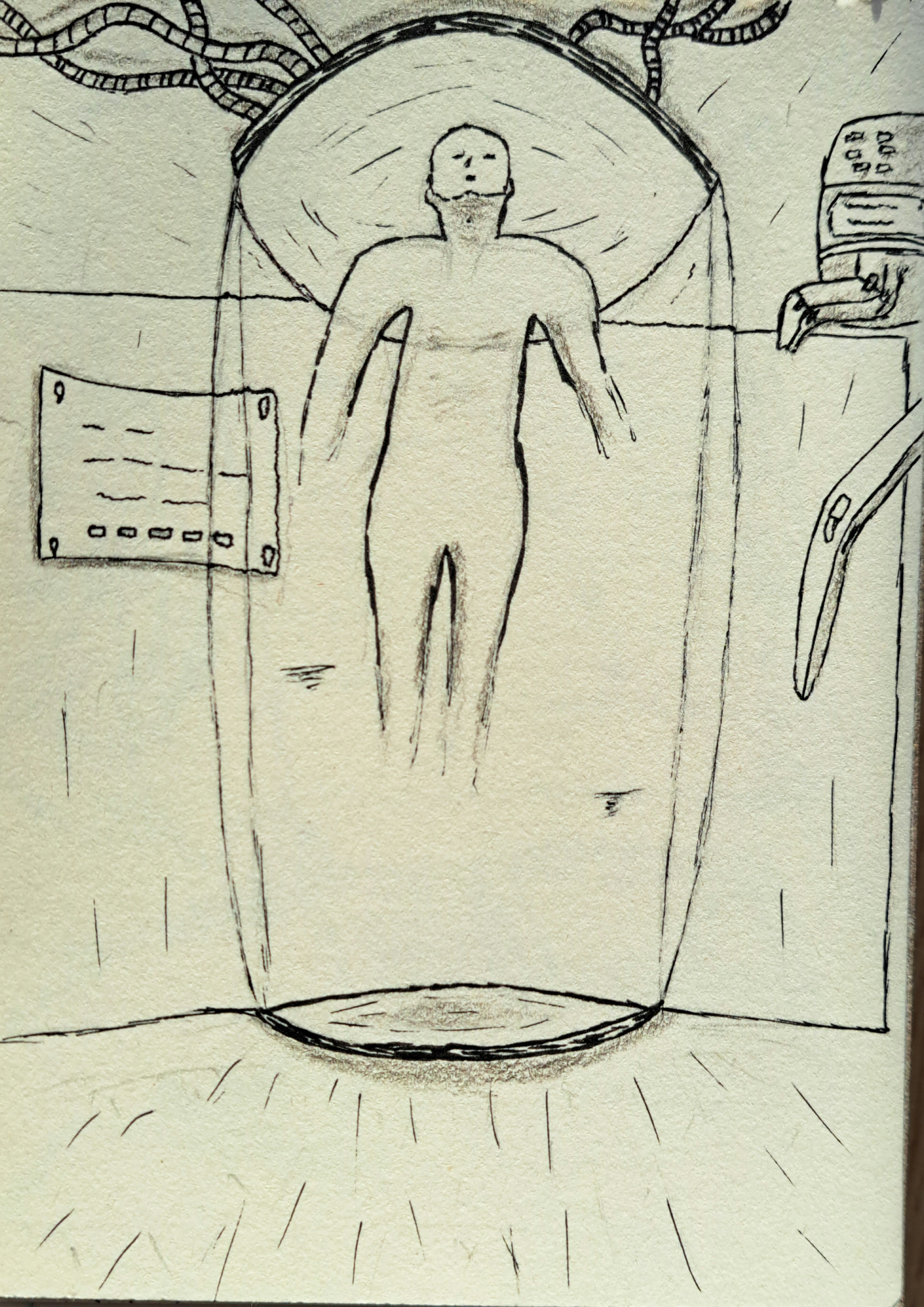We have been talking on this blog about how Western hegemony has influenced and continues to maintain stereotypes on cultures which have seen better recognition from the work of scholars in many fields of study (archaeologists, historians, anthropologists, etc.). Schools of thought carried by European nations, reinforced during their subjugation of parts of the world as colonisers,
Fantasy as reality
The school of thought carried by European nations, reinforced during their subjugation of parts of the world as colonisers, that lesser peoples possess cultural phenomenons inherent to their late and immature development is still, to this day, source of fantasies in the collective imagination. Authors would often use tropes to expose issues Europeans were facing in terms of religious code of conduct governing even the slightest parts of everyday life and marital relations; for example, the Ottoman Empire was thought to harbour the most ludicrous aspects of men to women relationships, eroticism and lovers intrigue taking up most of a sultan’s busy day. Such fantasies include the harem, a place forbidden to men where the monarch where he would store his women to fulfill his most epicurean depravity on the most lavish setting which would certainly contrast with a king’s way of life on the European continent. These orientalist clichés scholars have been trying to deconstruct are still common tropes in today’s fiction, from cinema to literature.
Continue reading
(3 min read)
